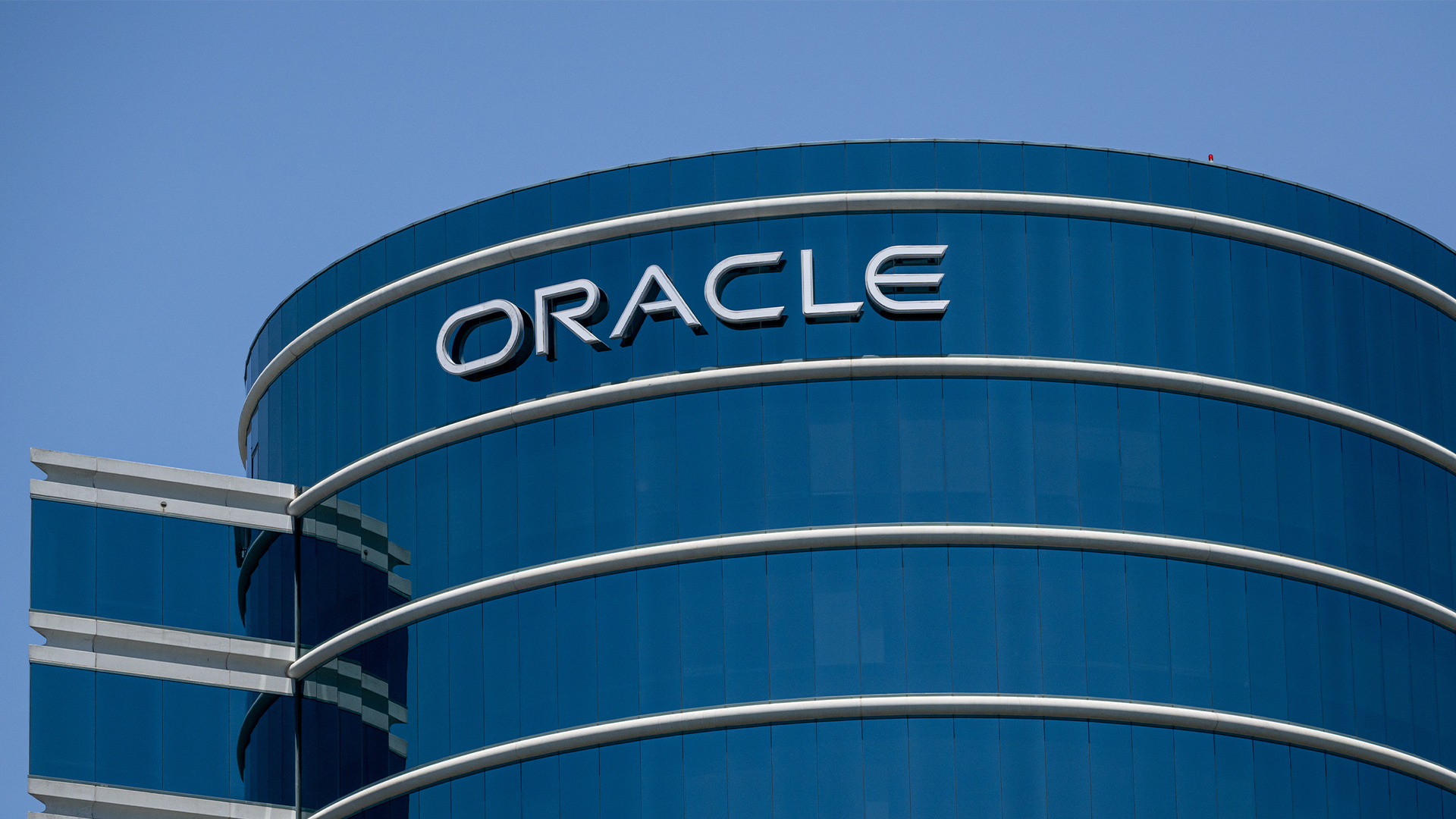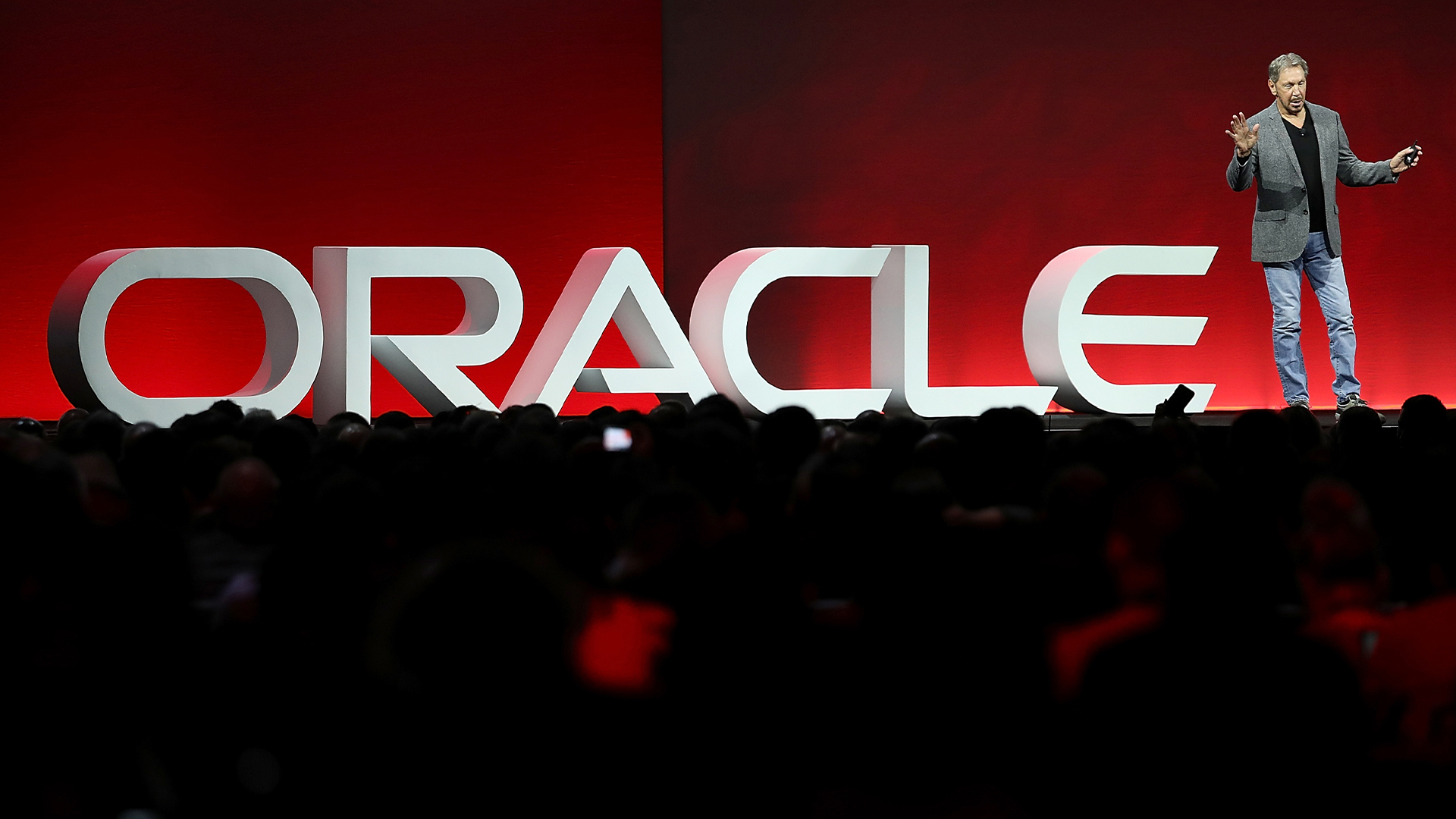Bigger doesn't mean better for BI
The seventh annual OLAP survey has found those vendors that dominate the market, like SAP, don't necessarily deliver the value they promise.


Sign up today and you will receive a free copy of our Future Focus 2025 report - the leading guidance on AI, cybersecurity and other IT challenges as per 700+ senior executives
You are now subscribed
Your newsletter sign-up was successful
The world's most comprehensive business intelligence (BI) user survey has revealed that some larger vendors are increasingly failing to deliver successful and beneficial software deployments.
The BI Survey 7 follows on from six successful editions of the online analytical processing (OLAP) Survey. As the first BI survey, its author Nigel Pendse said the distinction between pure OLAP and other types of business intelligence products had blurred and the time had come to widen the survey scope to include other products that would not normally be regarded as falling into the OLAP product category.
Some 16 products or groups of products were used enough to be analysed individually. Out of these, SAP was the subject of the most negative findings, owning both its own business warehouse (BW) and NetWeaver BI products, as well as those of newly acquired Business Objects, including Crystal Reports.
SAP BI/BW buyers had largely corporate rather than product reasons for selecting it, where very few sites had selected it for product-related reasons such as functionality (21 per cent versus 41 per cent overall), ease of use (five per cent versus 36 per cent overall) and performance (just one per cent of BI/BW buyers compared to 19 per cent overall).
"This was probably just as well, because SAP sites had significantly more complaints about missing functionality, difficulty of use and query performance than the norm," said the report.
SAP also fared badly in measures of deployment success. SAP BI/BW joined Crystal Reports and Infor Alea sites as the least likely to achieve business benefits. In fact, the report made specific mention of the fact that SAP BW sites had consistently reported the lowest business benefits in each of the six previous survey years.
Conversely, BOARD, Panorama, Cubeware, arcplan and Microsoft AS sites were most likely to report that they had realised benefits. And proving that size is no indicator of product quality, it found the best-known BI vendors did not provide the best product support. Business Objects and Hyperion were well below average and Cognos, Oracle and SAP were also below average. The best support was reported by customers of small regional vendors like Cubeware and BOARD, with Information Builders, Applix and MicroStrategy also doing well.
Sign up today and you will receive a free copy of our Future Focus 2025 report - the leading guidance on AI, cybersecurity and other IT challenges as per 700+ senior executives
Microsoft was rated just above average.
While projects led by specialist BI consulting firms were the most likely to realise business benefits, closely followed by projects led by business end-users. Those led by large, general-purpose consulting firms and vendor consultants were the least likely to deliver benefits, which was also consistent with previous years. Another consistent trend is that business benefits were most likely to be achieved if projects went live within three months.
Based on the analysis of actual experiences of some 1,900 users worldwide with median revenue of just over $500 million (254 million), Europe made up 52.9 per cent of the countries surveyed. Banking, insurance and retail retain the top three spots in terms of industry representation. But public sector organisations came much higher than usual this year, while the automotive industry also had a relatively larger sample.
A 25-year veteran enterprise technology expert, Miya Knights applies her deep understanding of technology gained through her journalism career to both her role as a consultant and as director at Retail Technology Magazine, which she helped shape over the past 17 years. Miya was educated at Oxford University, earning a master’s degree in English.
Her role as a journalist has seen her write for many of the leading technology publishers in the UK such as ITPro, TechWeekEurope, CIO UK, Computer Weekly, and also a number of national newspapers including The Times, Independent, and Financial Times.
-
 AWS CEO Matt Garman isn’t convinced AI spells the end of the software industry
AWS CEO Matt Garman isn’t convinced AI spells the end of the software industryNews Software stocks have taken a beating in recent weeks, but AWS CEO Matt Garman has joined Nvidia's Jensen Huang and Databricks CEO Ali Ghodsi in pouring cold water on the AI-fueled hysteria.
-
 Deepfake business risks are growing
Deepfake business risks are growingIn-depth As the risk of being targeted by deepfakes increases, what should businesses be looking out for?
-
 MoD and Oracle forge closer ties as IT modernization accelerates
MoD and Oracle forge closer ties as IT modernization acceleratesNews The UK’s defence ministry will move legacy systems to Oracle Cloud Infrastructure as part of the expanded agreement
-
 UK firms are pouring money into AI, but they won’t see a return on investment unless they address these key issues
UK firms are pouring money into AI, but they won’t see a return on investment unless they address these key issuesNews An SAP report projects increased AI investment, but cautions that too many organizations are taking a fragmented approach
-
 OpenAI has a bold plan to pay for its $1 trillion spending spree: Ads, personal assistants, and cheaper subscriptions
OpenAI has a bold plan to pay for its $1 trillion spending spree: Ads, personal assistants, and cheaper subscriptionsNews OpenAI has lined up more than $1 trillion in spending – and now it's trying to figure out how to pay for it all.
-
 Oracle leadership shake-up comes at 'the right moment' as Safra Catz makes way for co-CEOS
Oracle leadership shake-up comes at 'the right moment' as Safra Catz makes way for co-CEOSNews Clay Magouyrk and Mike Silica will take up the joint role at Oracle amidst a sharpened AI focus
-
 Oracle layoffs loom despite strong financial results
Oracle layoffs loom despite strong financial resultsNews Hundreds of staff across US and elsewhere say they've been made redundant
-
 Digital immaturity is holding back growth in the UK
Digital immaturity is holding back growth in the UKNews Research from SAP shows a lack of digital maturity is holding back enterprise digital transformation goals.
-
 IBM eyes Oracle expertise gains with latest acquisition
IBM eyes Oracle expertise gains with latest acquisitionNews The deal aims to help IBM address the complexities of public sector cloud transformation
-
 Channel Focus: All you need to know about Oracle's partner program
Channel Focus: All you need to know about Oracle's partner programWhat to know about partnering with Oracle: A brief guide to the database management software company as it expands further into cloud solutions
